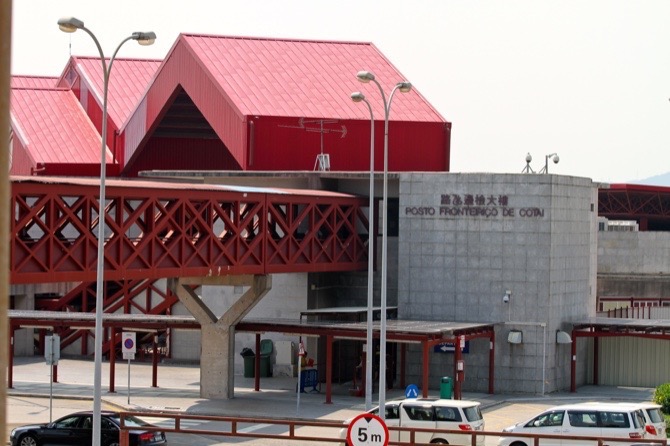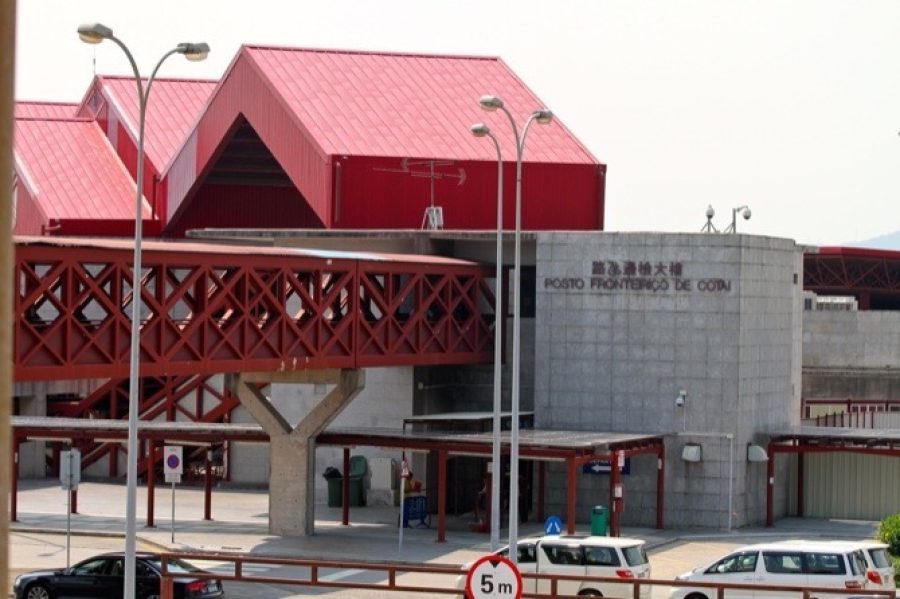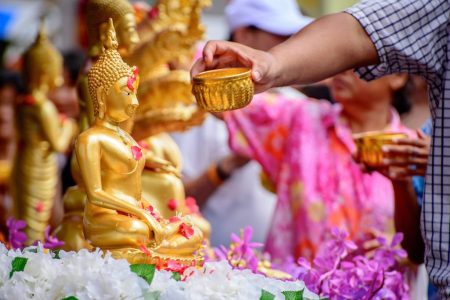BEIJING – The nation’s top legislature has approved a proposal by the central government to transfer Macau’s Lotus Flower checkpoint from Cotai to Hengqin and to grant the Macau Special Administrative Region (MSAR) jurisdiction over the checkpoint on the adjacent island. According to the Macau Post Daily, the proposal was reviewed during last week’s bimonthly session of the Standing Committee of the National People’s Congress (NPC). It was approved by the committee on Saturday, the session’s last day.
According to Xinhua, the central government’s decision aims to enhance the infrastructure links between Macau and Zhuhai and render transport and trade between the two cities more convenient.
Hengqin New Area, which covers 96 square kilometres, is a special economic district of the adjacent city of Zhuhai. Cotai and Hengqin are linked by the 1,756-metre long, six-lane Lotus Flower Bridge which opened in 2000. Currently, there are two immigration and customs checkpoints on either side of the bridge, one for Macau in Cotai and the other for Zhuhai in Hengqin.
According to the decision, the MSAR government will administer the checkpoint and adjoining areas in the future. The exercise of jurisdiction over the complex means that Macau’s legal system will be in force there.
Macau’s leasehold of the complex will expire on December 19, 2049, i.e. 50 years after the establishment of the MSAR. The leasehold can be extended by the NPC Standing Committee, Xinhua pointed out.
In a statement on Saturday the local government expressed its “sincere gratitude” to the central government and the governments of Guangdong and Zhuhai for their strong support that resulted in Saturday’s decision.
According to the statement, the decision by the NPC Standing Committee shows the “full and strong support” by the central government enabling Macau to become an integral part of the nation’s development.
The statement also said that the decision would further promote the development of the Guangdong-Hong Kong-Macau Greater Bay Area (GBA) and strengthen Macau’s infrastructure links with the Chinese mainland, apart from also making the cross-border flow of passengers and goods more convenient.
According to the statement, the Macau government and its counterparts in Guangzhou and Zhuhai jointly proposed to the central government in August last year to upgrade the checkpoint in Hengqin into an integrated transport hub.
According to the joint proposal, Macau’s Lotus Flower checkpoint will be moved to Hengqin for a joint (Macau-mainland) immigration and customs clearance system officially known as “joint inspection and one-time release”.
In October last year, the central government agreed, in principle, with the proposal and the local government set up an interdepartmental working group the following month to work on the detail of the proposed transfer, the local government’s statement underlined.
In June this year a formal proposal on granting Macau jurisdiction over the checkpoint and adjoining areas in Hengqin was submitted to the central government, which later presented it to the NPC Standing Committee for review and vote.
According to the statement, the decision approved by the committee on Saturday will be implemented in phases. Macau’s jurisdiction will include the checkpoint proper, the Lotus Flower Bridge between Cotai and Hengqin and a link by access roads and a bridge between the University of Macau (UM) campus on Hengqin and the checkpoint.
The timing of the gradual implementation will be determined by the State Council in due course, the statement said.
The statement did not say when the joint checkpoint operation will get off the ground. Nor did it say how much Macau will pay for the leasehold and how large the area under Macau’s jurisdiction will be.
When the MSAR leased the UM campus, which covers about a square kilometre, the local government paid 1.2 billion patacas for the leasehold ending on December 19, 2049. That leasehold is renewable as well.
Secretary for Security Wong Sio Chak told reporters in February that under the future checkpoint’s joint customs and immigration clearance system, travellers will be required to pass border controls only once when completing their departure and arrival formalities.
The currently still separate Cotai-Hengqin checkpoints came into service in March 2000, i.e. three months after Macau’s return to the motherland.




